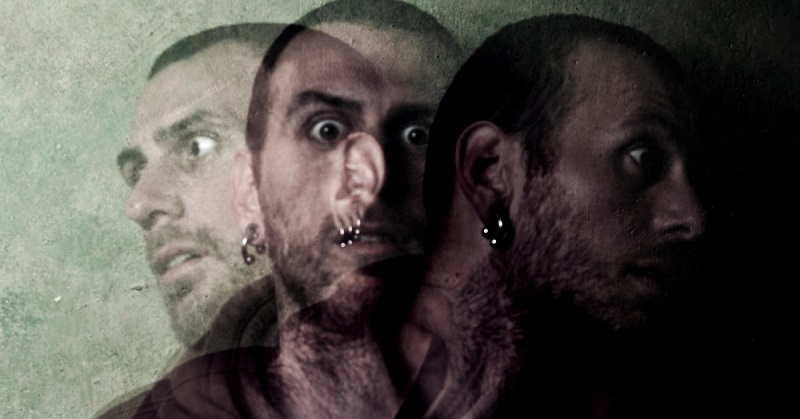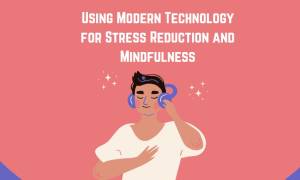In Patrick Hamilton’s 1983 play Gas Light, a husband tries to convince his wife she’s going insane by making small changes to her surroundings and then telling her she’s imagining it.
Clearly he struck a chord because now “gas lighting” has become shorthand for this type of mentally abusive and manipulative relationship and has even been recognized by some official bodies as a term.
Whatever you call it, most people have on some level fallen victim of gas lighting. A partner trying to convince you your own memories and perceptions are wrong, usually to benefit them or as a way to exert their control, is an issue most people can relate to.
While it has gained notoriety over the last decade or so, awareness of this situation can only help to a certain extent.
If the woman in the play had read a blog post about gas lighting, she may have well realized what was going on in her own relationship, but does it help you recover from it?
Being in a mentally abusive relationship creates wounds and even if you manage to break it off, that doesn’t mean you have recovered from the experience.
But how do you move past it?
The first step is to limit contact with those who are likely to gaslight. Try to distance yourself from those prone to manipulative behavior as their ability to affect you will decrease the less you are around them.
Space from that person gives you a safe area to get yourself back on track and mentally stabilize after a difficult period.
Recovering mentally might take a little longer. Gas lighting makes people doubt themselves, their judgement and even their memories.
While people like to give off the idea that they are independent, humans are naturally communal beings, who are looking for approval and reassurance from one another.
For this reason, fully believing and trusting your own thoughts and beliefs can be difficult and after a manipulative relationship, where you may have been hurt and lost self-confidence you will need a period of repair.
Green lighting is an approach to heal wounds inflicted by a relationship and helps someone trust their own experiences.
In many ways, it is the exact opposite of gas lighting and is based on a profound form of compassion and acceptance of someone’s inner experiences.
It isn’t a form of ‘fixing’ or ‘changing’ someone, as this implies there was something broken, this is more about recovery and allowing someone to regain the belief in themselves they lost in the relationship.
It comes from the movie term where perspective projects are given the ‘green light’. At this point they’re not big screen ready and have room for improvement and development, but it’s a creative and positive time in the movie process.
‘Green lighting’ involves treating your life like a movie project and is a way to look at who you are and give yourself a “yes”.
You can achieve this by doing it yourself or by receiving support and help from another person.
It’s a great way to discover more about yourself and helps people become more compassionate and leads to great self-development and self-trust.














